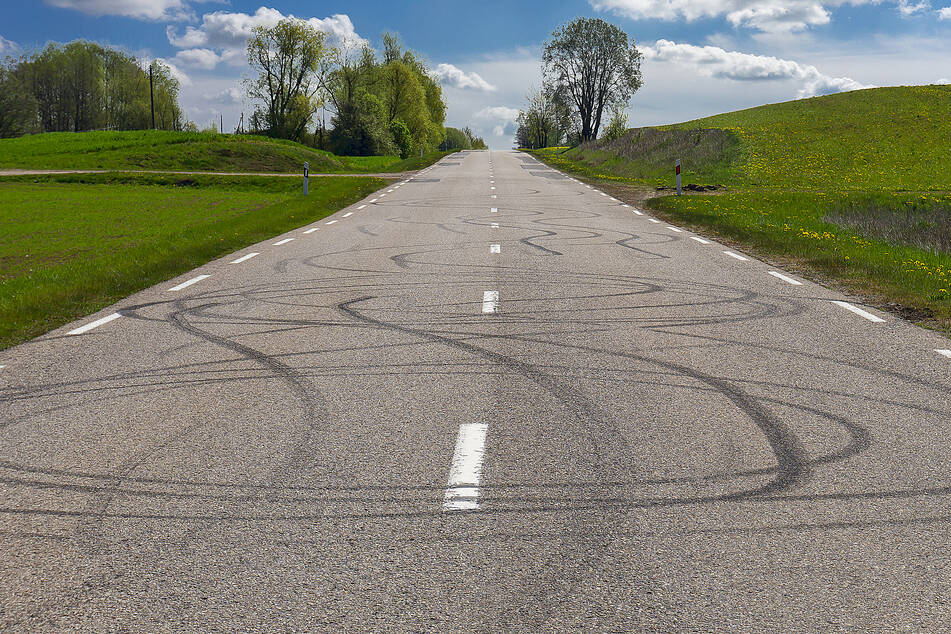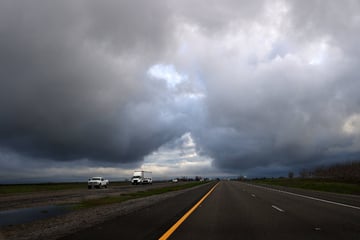Burning rubber is actually hurting the environment more than you'd think
Corvallis, Oregon - Car tires are a sneaky source of pollution that needs to come screeching to a halt if we want to protect the environment.

Wear and tear makes car tires shed small pieces of rubber that are ground down into microplastics. That means they might end up in ecosystems and eventually in the food you eat.
According to studies seen by ArsTechnica and Hakai magazine, up to 30% of tire rubber wears off, ending up as polluting microplastics in the environment.
One study found that over one million tons of microplastics from car tires end up in waterways or in the atmosphere each year, adding to the buildup of waste in our environment, like the massive amounts of microplastics floating above the western US.
Researchers from Oregon State University in Corvallis, Oregon found that there are some striking problems for smaller species if they gobble up too many microplastic snacks.
OSU assistant professor Susanne Brander, who specializes in the toxic effects of chemicals like microplastics in the environment, ran lab experiments with freshwater and saltwater species in beakers.
Brander and her team added microplastics to the beakers and found that very small species in rivers and oceans move slower or sometimes just stop moving when they ate the polluting materials.
The sluggish movement would make the creatures easy prey in the wild. And if they have more toxins in their bodies when they get eaten, it can cause a harmful stacking effect called biomagnification.
Basically, if there are toxic substances like microplastics from tires at the bottom of a food chain, then each step up that chain gathers more of the toxins, until fish that we might buy in the store are chock-full of pollutants.
It turns out cars don't just spew pollution from their tailpipes.
Cover photo: IMAGO / YAY Images
